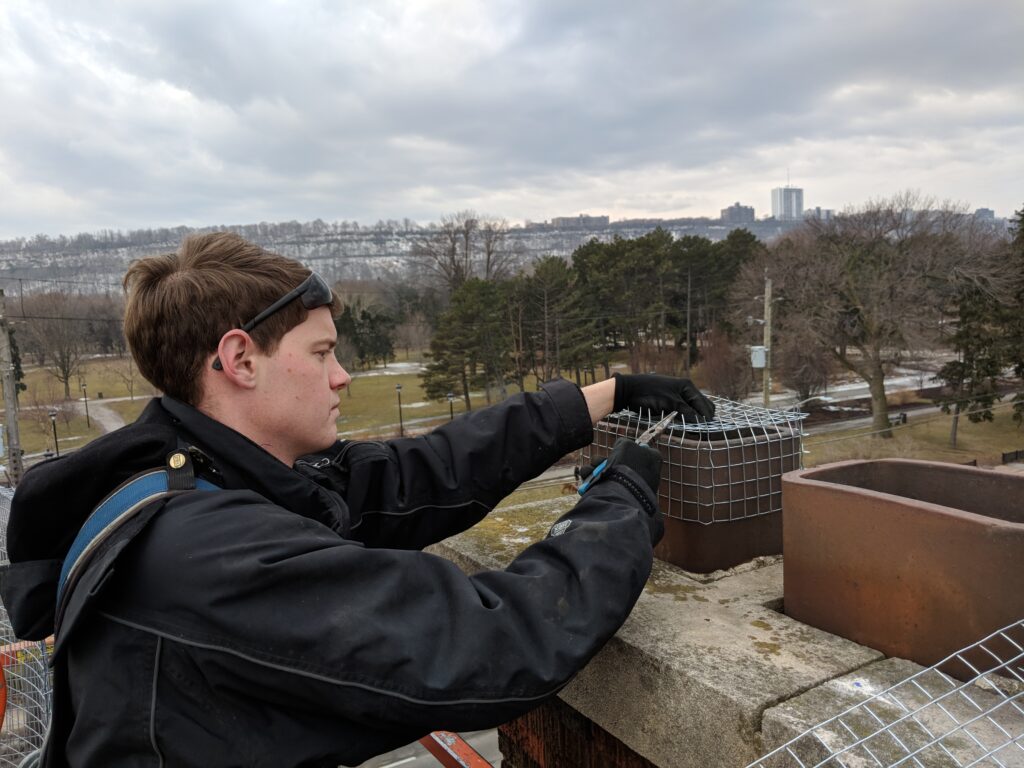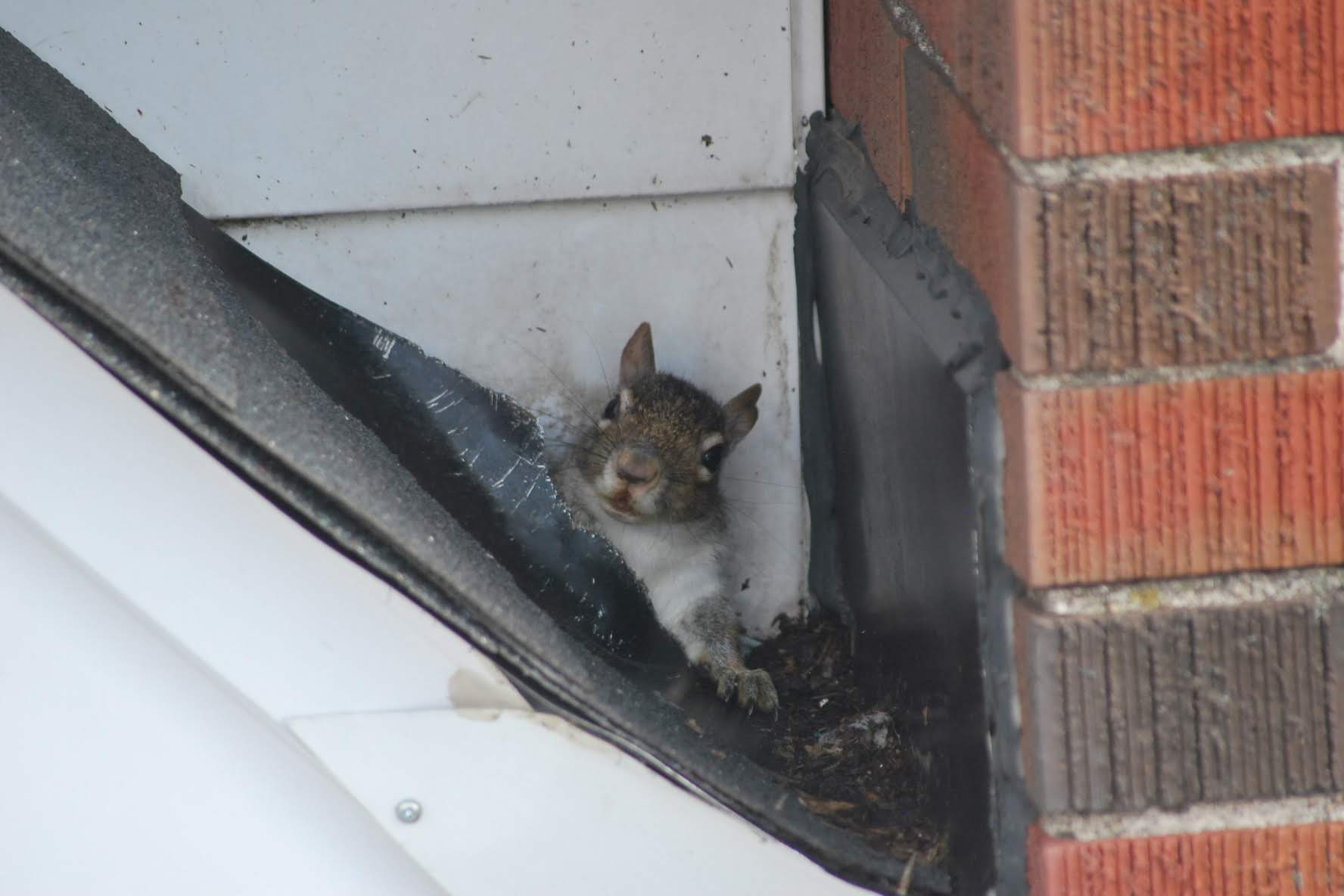1. Clean up the Area Around Each Unit
Prey animals such as squirrels need to protect themselves from larger predators. They like overgrown areas that provide coverage that they can use for hiding. If the outdoor unit of your HVAC system is surrounded by long grass and vegetation, it could attract squirrels to it. From there, it may only be a short step for squirrels to cause damage to your unit or get inside your house. If you keep the vegetation trimmed short, it provides less cover for squirrels and is therefore less attractive. However, the outdoor unit is not the only one that needs attention. If your indoor HVAC unit is surrounded by household clutter, it can provide places for wild animals to hide, not only squirrels but rats, mice, and insect pests. Decluttering the indoor HVAC unit may not keep wild animals out, but it can make it easier to detect them if they do get inside.2. Get Covers for Flues and Vents
The HVAC system produces emissions that could be dangerous if they became trapped inside the house. Therefore, it includes a ventilation system that allows those gases to escape. Vents have to open somewhere on the exterior of your house. Though these are typically small openings, they may be large enough to allow squirrels and other rodents entry, and larger animals may be strong enough to damage the opening so that they can fit through. Not only can animals get into your home through a vent opening, but they could also block it off by building a nest there, which could put your family and your property at risk. Flue and vent covers are made of strong metal mesh. When installed over an opening, they prevent squirrels and other animals from getting in while still performing their intended purpose of sending emissions out. It is important to get the professional installation of these covers to ensure these emissions do not stay inside the home. Animals such as squirrels are often attracted to exhaust vents because of the warm air coming out of them. Nevertheless, any opening in the exterior of your home could potentially serve as an entry point for a wild animal, so make sure you get covers for the fresh-air intakes as well.3. Have Openings in the Home's Exterior Sealed
 There are probably many openings around your home where squirrels and other wild animals could get in. Some are meant to be there, such as the openings through which wires and pipes come in and out of your home, and others aren't intended to be there, such as gaps around windows or doors.
Sometimes it is easy to tell whether the opening is supposed to be there, and sometimes it is not. If you accidentally seal off an opening that is supposed to be there, you could cause a health hazard inside your home. For example, closing off a vent because you didn't realize what it was could cause a buildup of carbon monoxide, a poisonous gas that is virtually undetectable and can cause death by asphyxiation. To be safe, you should have an expert seal off the openings in your home's exterior to make sure you do not accidentally block something that you are not supposed to.
If you already have a problem with squirrels or other wildlife in your home, attempting to remove them yourself could be dangerous to both you and the animals. Call Skedaddle Humane Wildlife Control in Pickering to have them removed by professionals without harming the animals or putting you and your family at risk.
There are probably many openings around your home where squirrels and other wild animals could get in. Some are meant to be there, such as the openings through which wires and pipes come in and out of your home, and others aren't intended to be there, such as gaps around windows or doors.
Sometimes it is easy to tell whether the opening is supposed to be there, and sometimes it is not. If you accidentally seal off an opening that is supposed to be there, you could cause a health hazard inside your home. For example, closing off a vent because you didn't realize what it was could cause a buildup of carbon monoxide, a poisonous gas that is virtually undetectable and can cause death by asphyxiation. To be safe, you should have an expert seal off the openings in your home's exterior to make sure you do not accidentally block something that you are not supposed to.
If you already have a problem with squirrels or other wildlife in your home, attempting to remove them yourself could be dangerous to both you and the animals. Call Skedaddle Humane Wildlife Control in Pickering to have them removed by professionals without harming the animals or putting you and your family at risk. 


